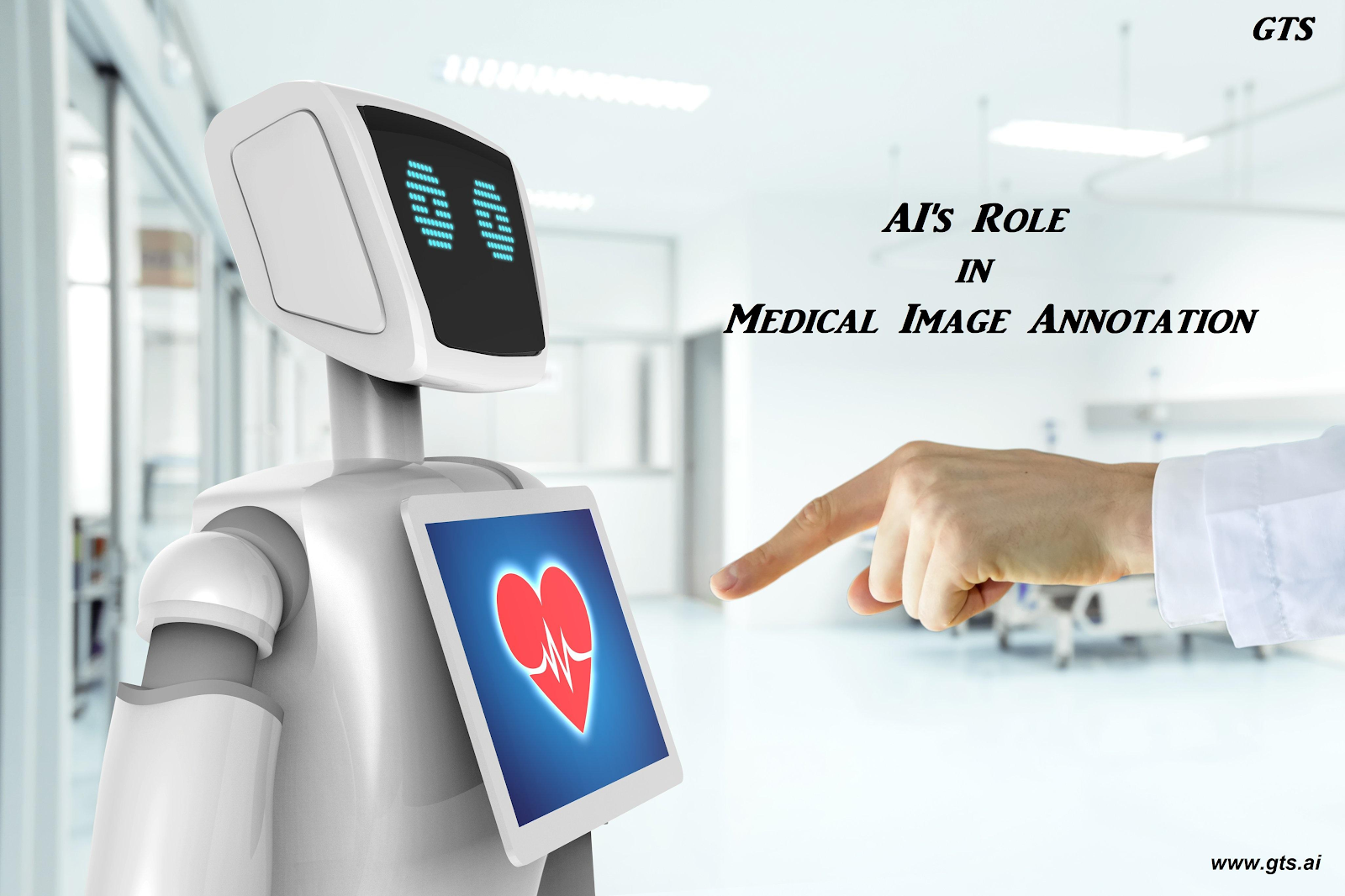How Artificial Intelligence (AI) in Healthcare Upgraded the medical sector
The proliferation of new technologies in the information age has upended numerous sectors. The same applies to healthcare. Doctors, hospitals, insurance firms, and industries connected to healthcare have all been touched, oftentimes more positively and significantly than other industries, particularly in the case of automation, machine learning, and artificial intelligence (AI). Approximately 86% of healthcare provider organisations, life science businesses and technology vendors for the healthcare industry use artificial intelligence technologies, according to a 2016 survey by CB insights. These companies will invest an average of $54 million in artificial intelligence initiatives by the year 2020.
Artificial intelligence (AI) has emerged during the past ten years as the most potent transformative force in the healthcare sector. There is numerous potential for healthcare companies to use AI to provide more effective, efficient, and precise interventions to their patients, from diagnosis and risk assessment to treatment technique selection. This article will brief you about the applications, benefits, and how AI has transformed healthcare.
What are the benefits of AI healthcare?
When used in the following area, AI can be very helpful for both patients and providers: enhancing care, managing chronic diseases, identifying early risks, and automating and optimising workflows. Let’s look at the top five advantages of employing AI in healthcare to better inform providers on how to utilise it within their ecosystem.
management of population health: In order to proactively identify and avoid risk, reduce preventive care gaps, and better understand how clinical, genetic, behavioural, and environmental factors affect the population, healthcare organisations can employ AI to aggregate and analyse patient health data. Combining diagnostic information, exam results, and unstructured narrative data offers, a comprehensive picture of individuals’ health and yields useful information for preventing illness and promoting wellness.
making clinical judgments: The time and resources required to assess and diagnose patients can be decreased by using artificial intelligence in some healthcare activities. This allows medical professionals to respond more quickly and save more lives. Algorithms that use machine learning (ML) can identify danger much more accurately and quickly than traditional procedures. When implemented properly, these algorithms can speed up diagnosis and reduce diagnostic errors, which continue to be the leading source of medical datasets malpractice lawsuits.
AI-assisted surgery: Surgical robotics applications are one of the most cutting-edge uses of AI in healthcare. AI surgical systems that can flawlessly execute even the smallest movements have been developed as a result of the maturity of AI robots. The average procedure wait time, risk, blood loss, complications, and potential side effects can all be decreased thanks to the ability of these systems to carry out complex surgical procedures.
Increased accessibility to healthcare: As a result of limited or nonexistent healthcare accessibility, studies demonstrate considerable differences in average life expectancy between industrialised and undeveloped countries. When it comes to implementing and utilising cutting-edge medical technologies that can provide proper care to the population, developing countries lag behind their industrialised counterparts. Additionally, inadequately equipped medical facilities and a lack of trained healthcare workers (such as surgeons, radiologists, and ultrasound technicians) have an impact on how well care is delivered in these areas. In order to promote a more effective healthcare ecosystem, AI can provide a digital infrastructure that enables faster symptom identification and triage of patients to the appropriate level and modality of care.
Improve operational effectiveness and performance: In order to filter through the vast amounts of big data present in their digital environments and uncover insights that might enhance workflow, boost productivity, and improve performance, health systems are increasingly turning to artificial intelligence. By prioritising services based on patient acuity and resource availability, for example, AI and ML can
Improve the throughput and effective and efficient use of facilities.
Improve revenue cycles performance by optimizing workflows, such as prior authentication claims and denials, and
Automate routine, repeatable tasks to better deploy human resources when and where they are most needed.
Applications of AI in healthcare?
There are many applications of AI in healthcare and healthcare datasets. Let’s look at the top 2 of them:
Managing data and medical records: Data management is the most extensively used application of artificial intelligence and digital automation since the first step in providing healthcare is gathering and evaluating information (such as medical records, and other historical data). Robots gather, archive, reformat, and track data to enable quicker, more reliable access.
“Digital” Nurses: In order to monitor patients’ conditions and follow up on treatments in between doctor appointments, a company called sense.ly created a virtual nurse called Molly. With a focus on chronic conditions, the initiative supports patients using machine learning.
Boston Children’s hospital created an app for Amazon Alexa in 2016 that provides parents of sick children with fundamental health information and guidance. The app responds to queries regarding prescription drugs and whether certain symptoms necessitate seeing a doctor.
Healthcare and GTS
No signs of a slowdown are visible in the continuously expanding volume of patient data both inside and outside hospital walls. Healthcare organisations need technology solutions that promote process improvement and better care delivery while meeting critical operational and clinical metrics. These organisations are strained by ongoing financial difficulties, operational inefficiencies, a global shortage of health workers and rising costs. By evaluating and drawing intelligent conclusions from the vast amounts of healthcare data, AI has the unimaginable and well-documented potential to enhance the quality and effectiveness of the delivery system. That’s why Global Technology Solutions has a name for providing quality datasets to build AI/ML models.




Comments
Post a Comment